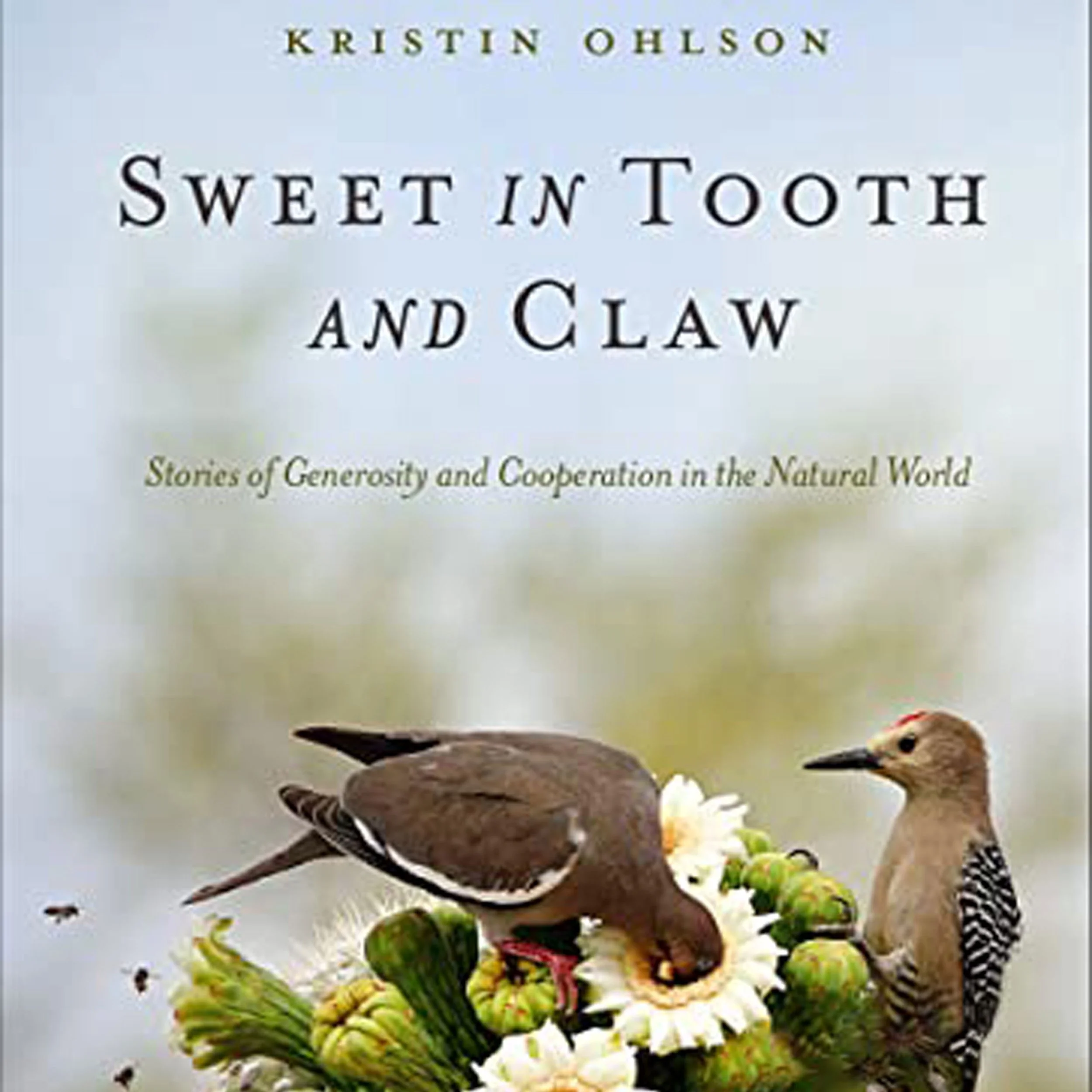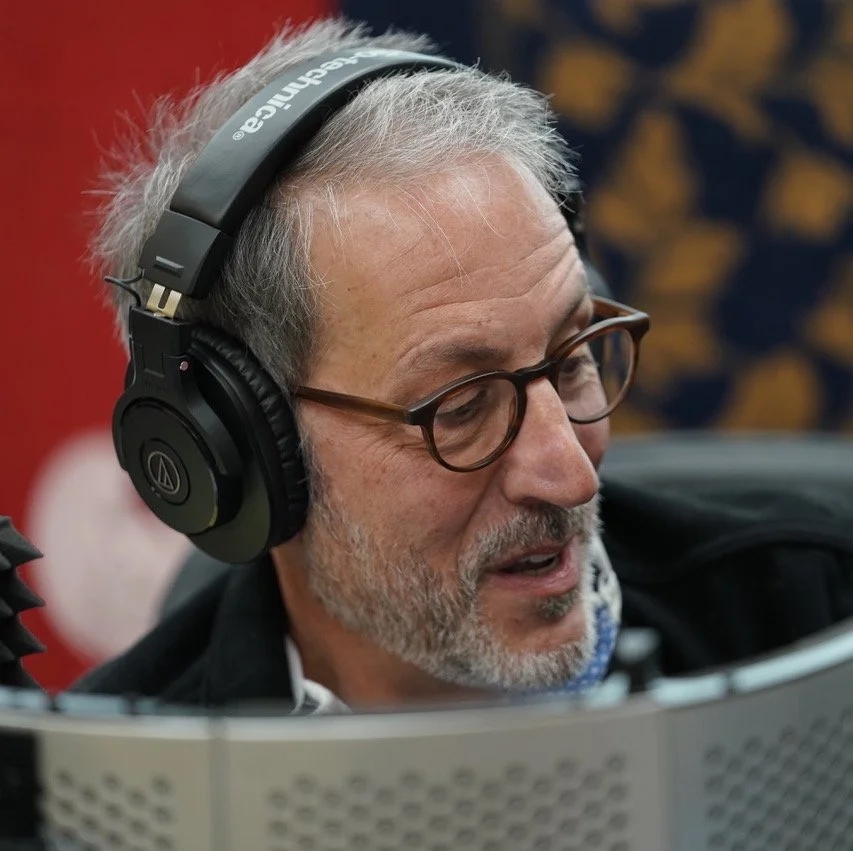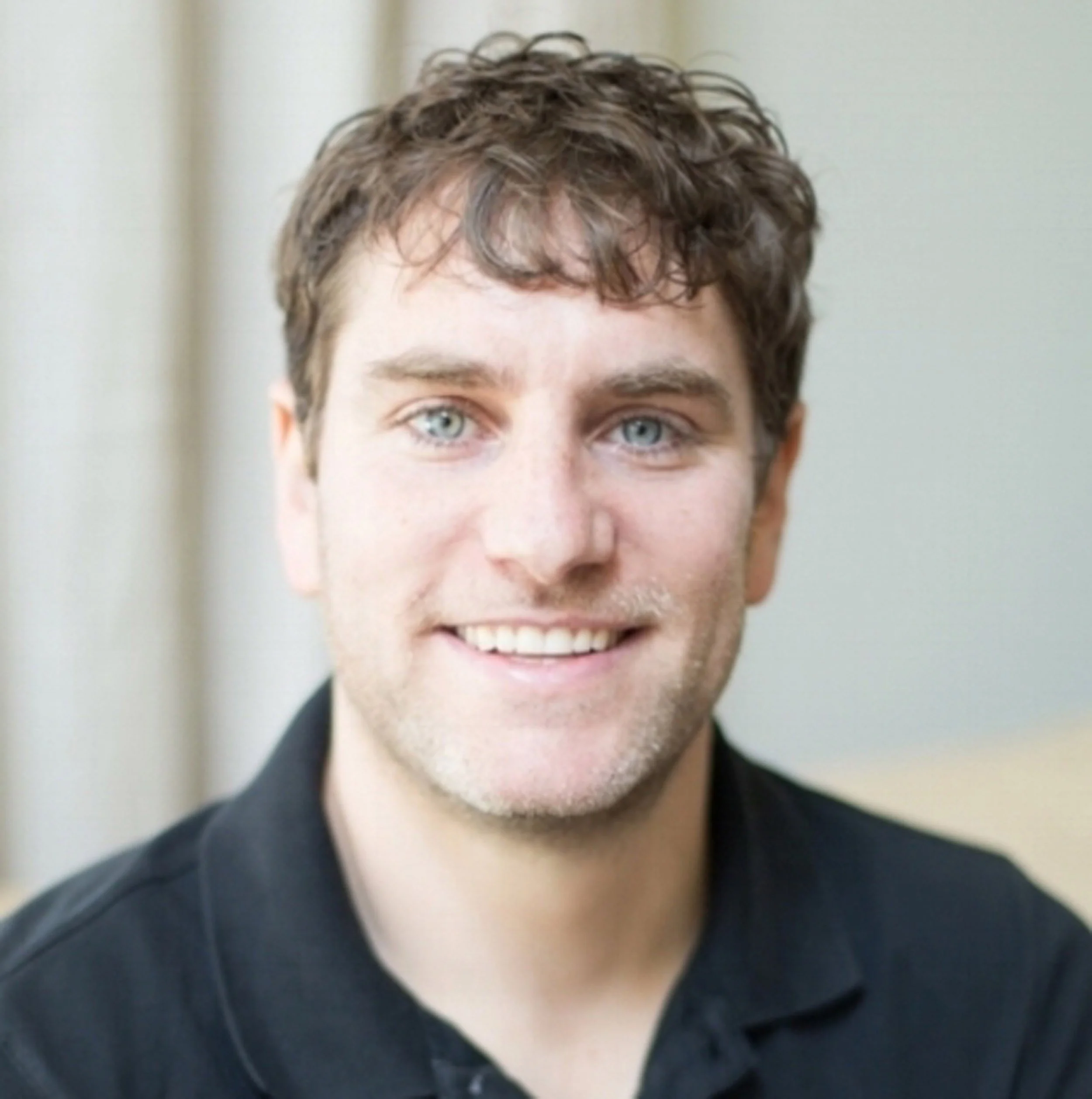Revolutionizing Sustainability: BERTRAND PICCARD's Path to a Cleaner Planet - Highlights
/Explorer & Aviator of the First Round-the-World Solar-powered Flight
Founder of Solar Impulse Foundation & Climate Impulse
UN Goodwill Ambassador for the Environment
The goal with Climate Impulse is to revolutionize aviation and show that we can decarbonize aviation. We can make it more efficient. Of course, it's not yet a jumbo jet with hydrogen. It's a two-seater airplane. But I want to make the ultimate flight to shake a little bit the certitudes of the people. If we go around the world nonstop with two people on board, this project can become like a flagship of climate action.



















